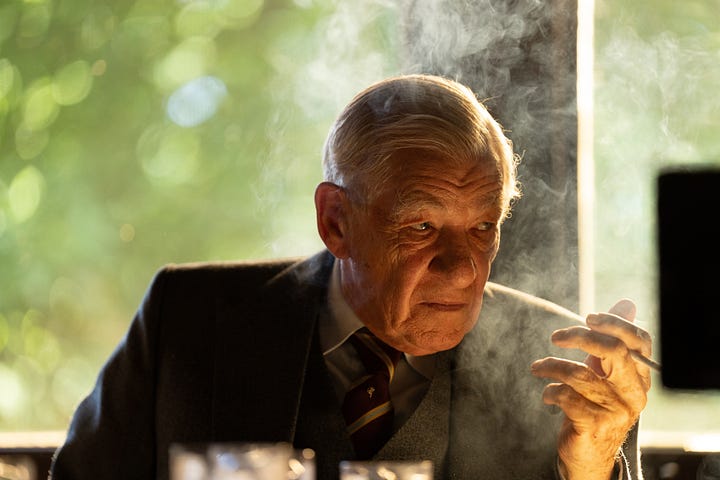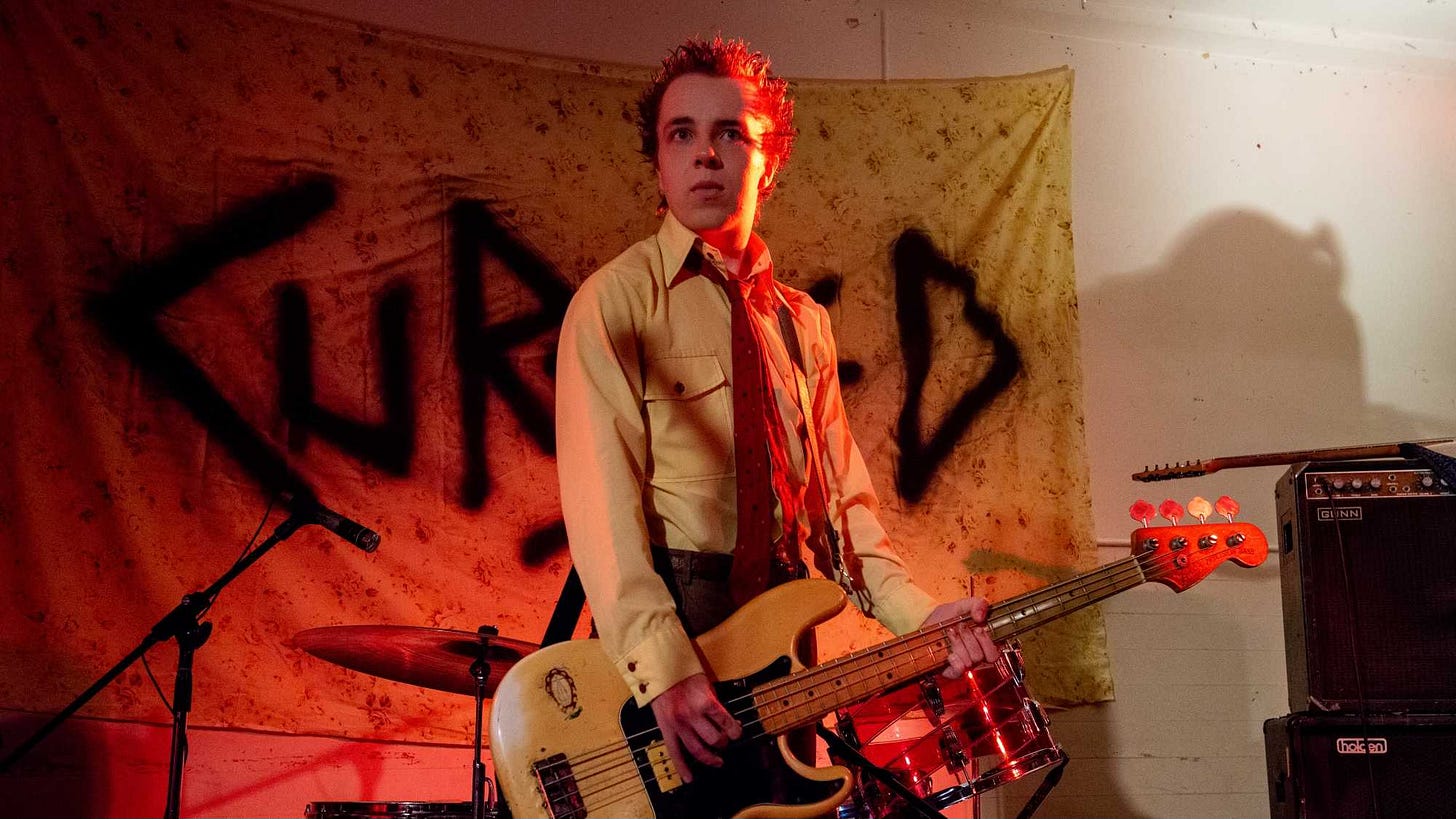Monday new releases: 4 November 2024
Head South and The Critic are in cinemas


While I seem to have been watching screens for a lot of the last seven days, it turns out that not much has fitted the definition of new release for this column.
One of the challenges in Wellington at the moment is the amount of screen space being taken up by festivals – the British and Irish going great guns at the Lighthouses and Terror-Fi selling out many sessions at the Roxy. As a result, the New Zealand coming-of-age drama Head South had no Saturday or Sunday screenings here and the latest Robert Zemeckis/Tom Hanks collaboration, Here, wasn’t at any convenient time or place.
And somehow, I again failed to make time for the Irish hip-hop movie Kneecap. Apologies for those of you who were hanging out for that!
For a long time Christchurch was the only New Zealand city other than Auckland where you could fly to a country that wasn’t Australia. It was also the gateway to Antarctica, which meant regular passage through the city of international visitors en route to the great white continent – and a brief cameo in Oliver Stone’s JFK in 1991.
So you can imagine how bereft the rest of New Zealand must have been in 1979 after you watch Jonathan Olgilvie’s affectionate portrait of a city on the verge in Head South. Punk is just starting to take hold, two years after “God Save the Queen” landed in the United Kingdom. That’s how long trends from ‘overseas’ could take to arrive and enterprising young people could use that time to claim international musical obscurities as their own.
Antarctica is a presence throughout Ogilvie’s film. An Air New Zealand DC-10 has just crashed into a volcano while on a sightseeing flight, with catastrophic loss of life and challenging New Zealand’s sense of remote immunity from disaster. Robert Falcon Scott’s famous failure to survive his trip to the South Pole in 1912 also looms. When inexperienced schoolboy non-musician Angus (Ed Oxenbould) has the temerity to audition Kirsten (Stella Bennett) for his band that doesn’t exist, she plays him a song inspired by that fateful expedition, lending the film its title at the same time.
It takes a little je ne sais quoi (also a song title in the film) to bring something new to the coming-of-age story and Ogilvie’s largely autobiographical movie has a bit of that. His alter-ego, Angus, inexplicably manages to win support from unlikely sources, It’s a lovely performance by Oxenbould, appealing despite being a dorky try-hard most of the time.
The film has the good sense to cast as much experience as possible. Oxenbould has worked for over a decade in Australia but still convinces as a kiwi schoolboy, and it’s always a pleasure when Marton Csokas returns to New Zealand – I have a theory that he’s our highest grossing actor, never out of work overseas. He plays Angus’s dad, Gordon, one of those rare things in local cinema – a ‘good dad’.
Those two provide balance to first-timer Stella Bennett (aka the pop star Benée) who more than holds her own, especially with the music as you might imagine.
Speaking of the music, I refuse to be nostalgic about punk and appreciate its democratising qualities ahead of the actual noises being made, but nostalgia is the reason why Head South works. There’s a rosy glow around everything, bouncing highlights off the production’s remarkable attention to detail, and the dark side of the city (and the period) is there but it has taken a back seat for this particular ride.
In Anand Tucker’s The Critic (scripted by Patrick barber from a 2015 novel by Anthony Quinn), Ian McKellen plays Jimmy Erskine, an ageing and over-confident, lazy, drunken reviewer who has over-estimated his importance and outstayed his influence, desperate to cling to the paltry baubles on offer – a character conjured wholly from imagination ladies and gentlemen, bearing no resemblance to anyone in reality.
He’s a wonderful grotesque, fleshed out by McKellen as only he can do. There are a couple of scenes where Erskine’s extra dimensions are revealed but they are soon put to one side in favour of a scarcely believable criminal conspiracy and there’s not one ounce of the tragedy in the final third of the film that is earned.




